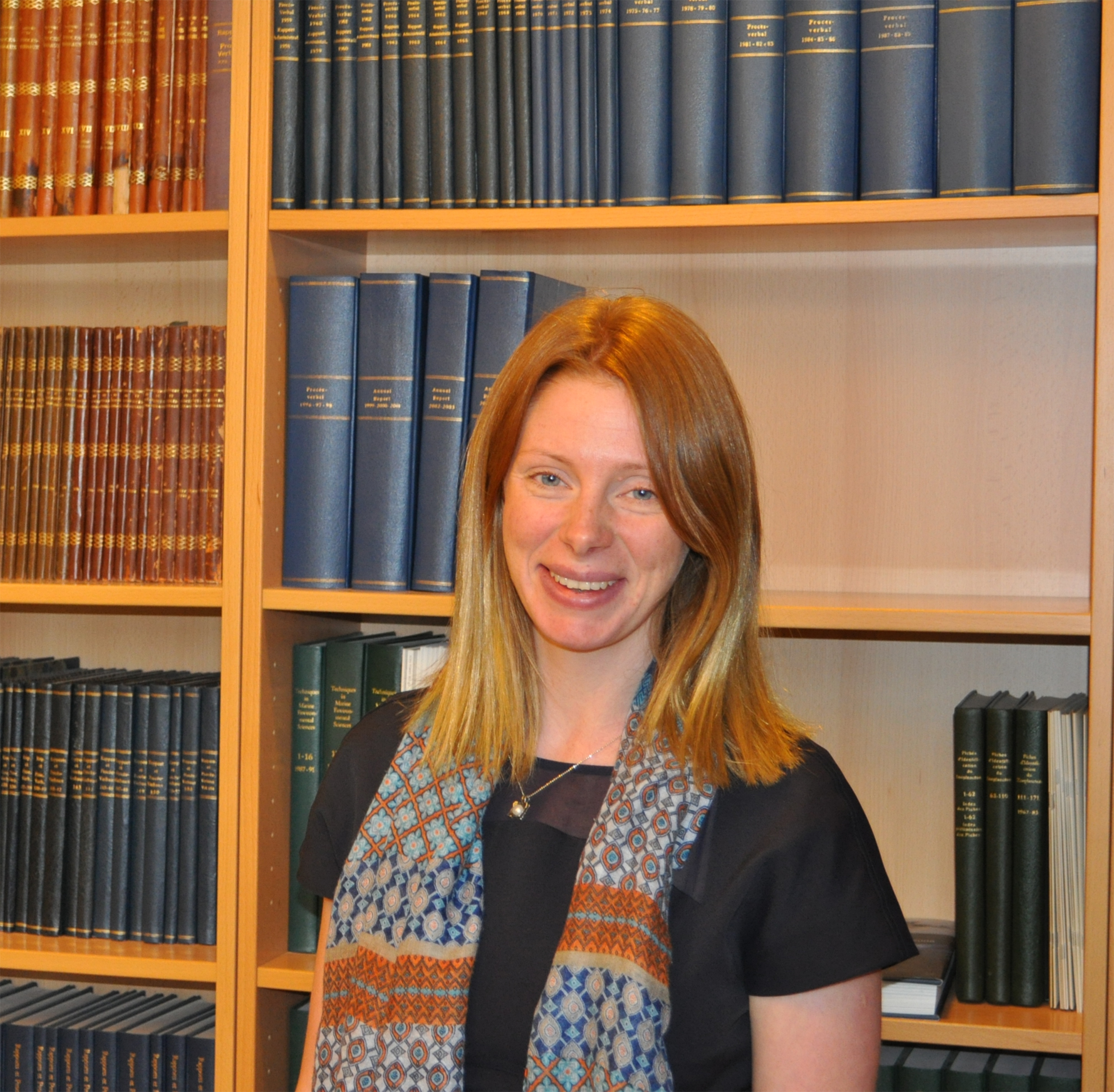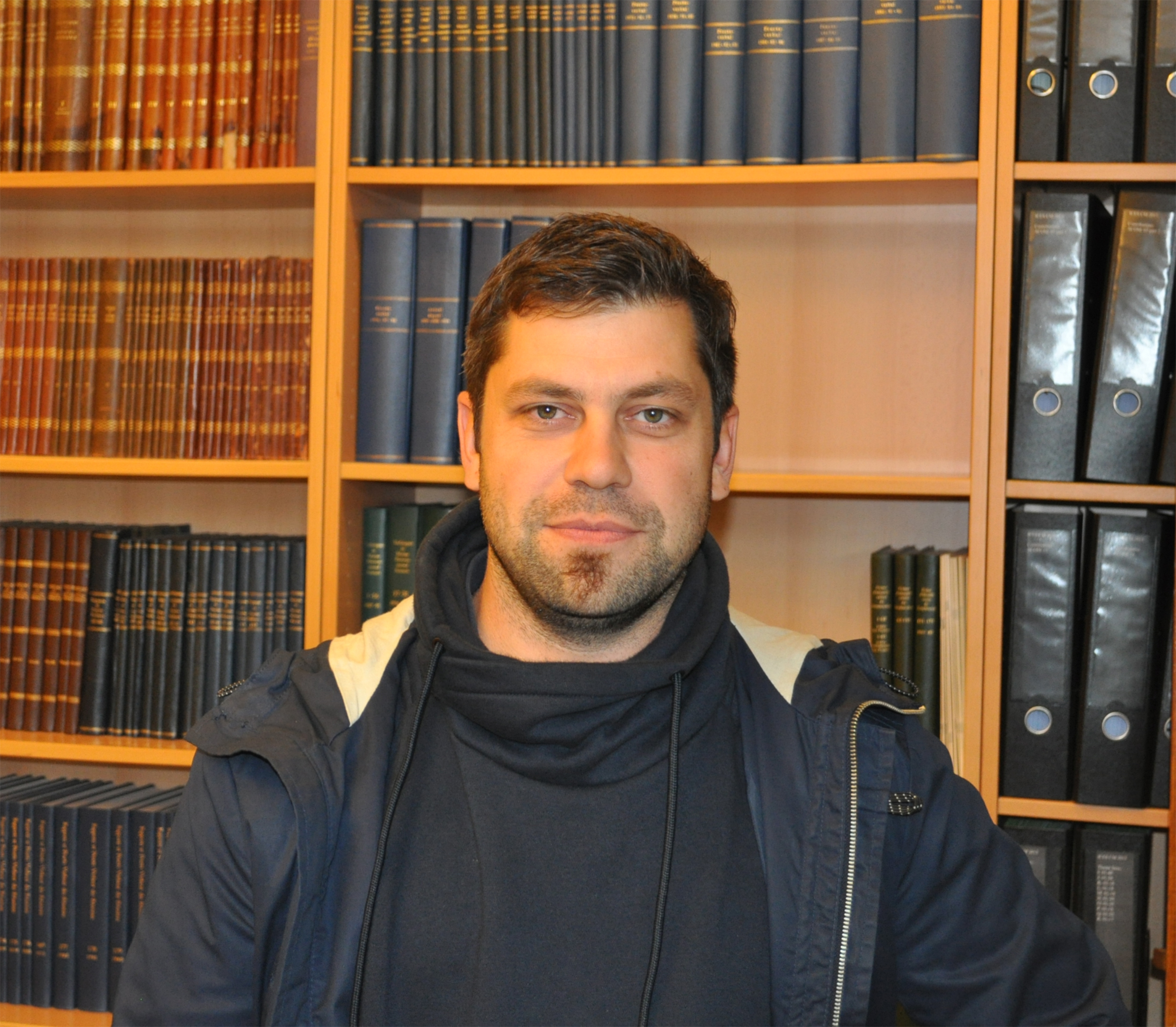Evelien Ranshuysen – Policy Officer EU-Fisheries at Ministry of Economic Affairs, Netherlands "I've only been working at the Ministry since July so ICES wasn't so well-known to me. I thought ICES was important in giving the advice to set the quotas and in Brussels negotiations. I'm not a marine biologist or economist so I've learned about Maximum Sustainable Yield. I'm more familiar with the terminology and looking up advice on the ICES website. There were also a few questions which I wanted to have answered – and they were."
"I've only been working at the Ministry since July so ICES wasn't so well-known to me. I thought ICES was important in giving the advice to set the quotas and in Brussels negotiations. I'm not a marine biologist or economist so I've learned about Maximum Sustainable Yield. I'm more familiar with the terminology and looking up advice on the ICES website. There were also a few questions which I wanted to have answered – and they were."
Chloe North – UK Fisheries Outreach Officer at the Marine Stewardship Council (MSC)
"I always thought that ICES were hardcore fisheries scientists doing high-level fisheries science. And I still have that impression, and I'm very impressed with all the work they do. Now , I've realised how much uncertainty there is in producing advice. They work with the data they've got, but sometimes that data is pretty poor; they've just got to give advice when they've been asked to and it can be quite hard for them."
Anne-Margaret Stewart – Scottish White Fish Producers Associated Ltd "You hear the term ICES all the time, there's lots of information coming out. I came here to cut through the fog as it were, to get a better understanding of what ICES does, how it does it and why. It's been quite an intense couple of days but interesting enough to retain your attention and feel as though you're learning. It's been rewarding."
"You hear the term ICES all the time, there's lots of information coming out. I came here to cut through the fog as it were, to get a better understanding of what ICES does, how it does it and why. It's been quite an intense couple of days but interesting enough to retain your attention and feel as though you're learning. It's been rewarding."
Axel Hein – Marine Officer at WWF Austria.  "The course has covered what I expected perfectly. It's robust and scientific. It's really wonderful to be here, to get to know much more detail about how the stock assessments are working – because our guys rely on this information. We use the advice for our seafood guides for example."
"The course has covered what I expected perfectly. It's robust and scientific. It's really wonderful to be here, to get to know much more detail about how the stock assessments are working – because our guys rely on this information. We use the advice for our seafood guides for example."

